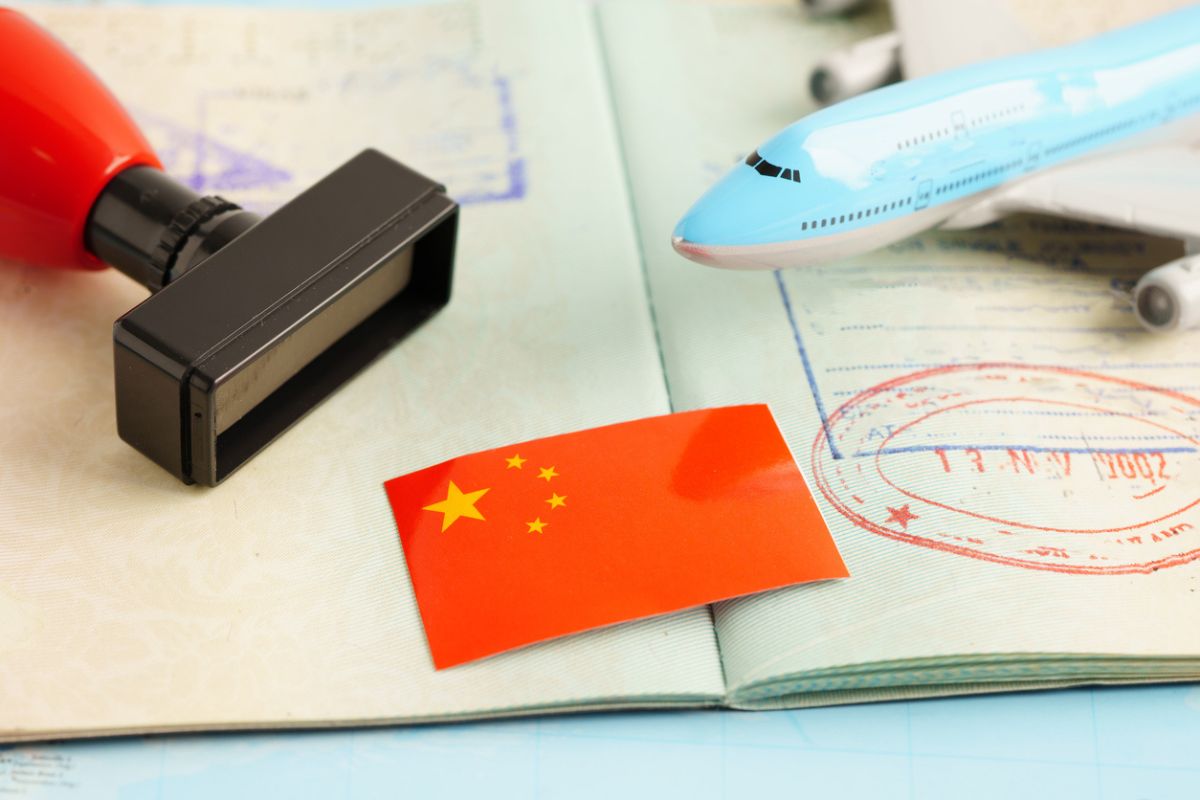China is rolling out a new visa called the K visa, aimed specifically at young professionals in science and technology. According to the state media outlet Xinhua, the K Visa is set to launch on October 1, 2025, the visa is part of China’s broader push to attract global tech talent.
China hasn’t released the fine print yet—like eligibility criteria and the application process, but the message is clear: it wants to attract the next generation of global tech talent.
What Is China’s New K Visa?
China rolled out the K visa as part of its updated entry and exit rules. As of now, China hasn’t revealed the details yet, but it’s already shaping the goal: to bring young science and tech professionals into the country.
In other words, China is opening a new door for skilled foreign workers in industries it sees as strategic, AI, quantum computing, biotech, green energy, and beyond.
This comes at a time when many countries are tightening skilled immigration. So the move is a clear signal that China wants to stay competitive in the global tech talent race.
Who’s Likely Eligible?
China hasn’t published the official criteria yet, but we can make a pretty solid guess based on how similar visas usually work;
- Young professionals with demonstrable expertise in science, tech, engineering, or research-related roles.
- Possibly those with academic or industry affiliations, think researchers, graduate students, startup founders, or employees of high-tech firms.
- There may also be fast-track provisions for those invited by Chinese institutions or working on collaborative projects.
We’ll know more when the Chinese authorities release the formal requirements closer to October.
Why Now? Timing Matters
This visa isn’t being launched in a vacuum. It’s arriving at a diplomatically sensitive time for India-China relations, which have been turbulent since the 2020 border clashes. But the tone is shifting.
Here’s what’s happening:
- India is easing tourist visa rules for Chinese nationals, a move that was unthinkable a year ago.
- Indian airlines are preparing to resume direct flights to China after nearly five years of suspension. A formal announcement is likely during the upcoming Shanghai Cooperation Organisation (SCO) summit in Tianjin.
- Modi and Xi Jinping may meet face-to-face at the SCO summit, which would mark a major political step after years of minimal contact.
On the trade front, India’s relationship with the US has hit friction points, including a tariff hike on Indian goods due to India’s continued oil imports from Russia.
In this context, reopening channels with China, especially for talent and business, could help rebalance some of India’s strategic bets.
Why the K Visa Could Matter for Indian Professionals
If you’re a young Indian working in AI, clean energy, engineering, or scientific research, this visa could become a new pathway into China’s massive innovation ecosystem. Think research funding, academic collaboration, or even startup investment opportunities.
Indian companies and universities may now explore cross-border talent exchanges or restart joint ventures that have been on hold since 2020.
Final Thoughts
The K visa launch is more than a bureaucratic update. It signals a recalibration—both in how China wants to attract global tech talent and in how it’s managing strained diplomatic ties with key partners like India.
If the visa delivers on its promise, we could be looking at a slow but significant thaw in India-China relations, led not by politics, but by science, research, and the people building the future.
To get daily travel news & updates, follow us on Facebook, X (Twitter), LinkedIn, Instagram, or Threads.
